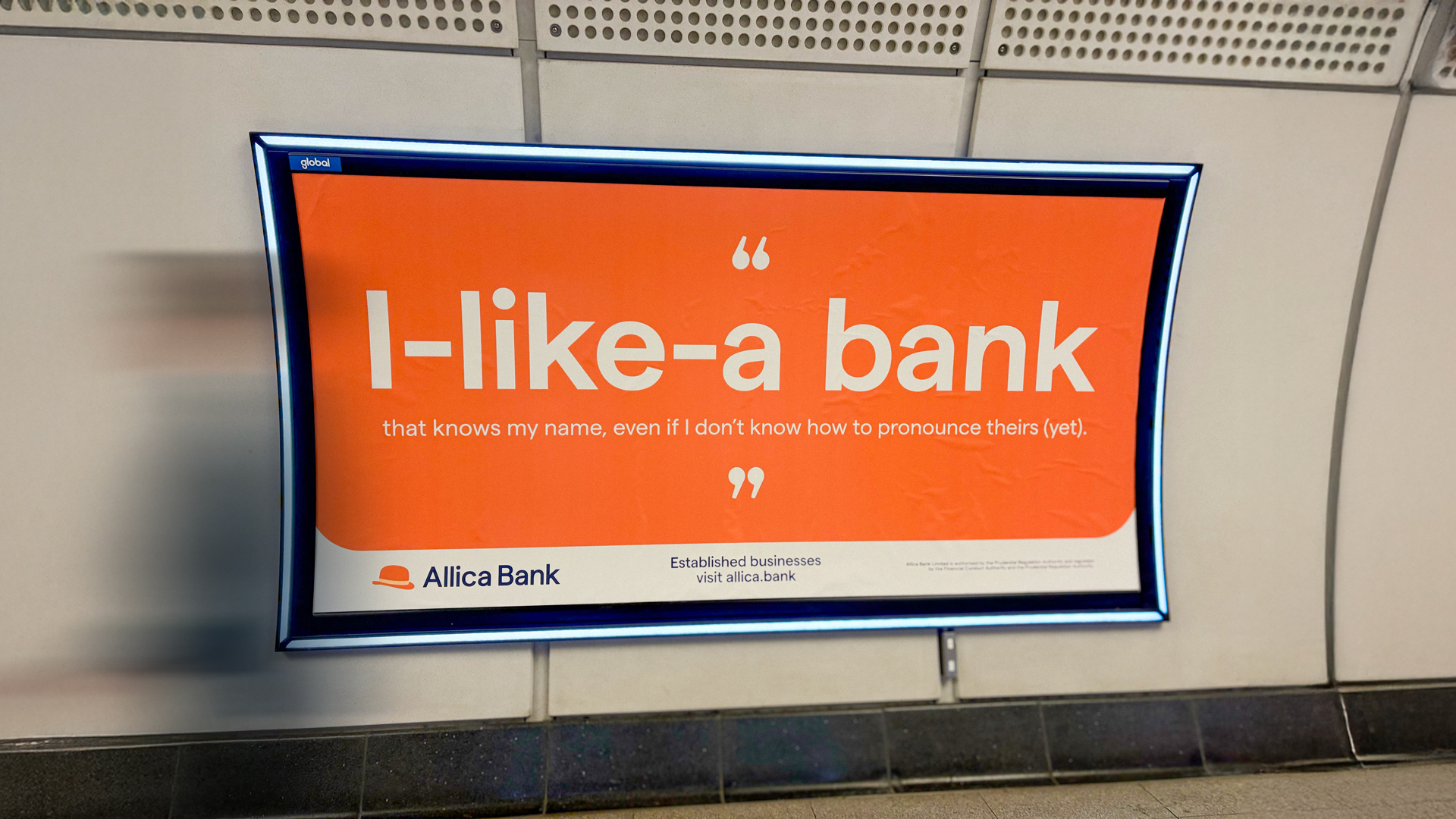A growing business is good for everyone, from the owner and employees to the economy of the country that business operates in. A lot of businesses rely on borrowing to fund their growth plans – it’s a system that’s worked for generations.
In recent years, however, many of the UK’s small and medium enterprises (SMEs) have endured an extraordinary time. SMEs have been squeezed from all sides: they survived the pandemic, then saw interest payments and other costs rise at the same time as their customers having less disposable income to spend.
The cruel irony is that these tough conditions have made lenders more cautious. Everyone seemed to be waiting for someone else to blink first and get growth back in the conversation.
Enter the Growth Guarantee Scheme (GGS) and, with it, a path to more borrowing and growth for UK SMEs.
Contents
Contents
Contents
What is the Growth Guarantee Scheme?
The government launched the GGS to improve access to finance for small and medium enterprises. It does this by guaranteeing 70% of the outstanding loan balance to the lender.
If a business has a £100,000 balance outstanding on a GGS-backed loan and defaults on it, provided the relevant terms of the GGS guarantee were met, the government would reimburse the lender £70,000.
This guarantee is only to the lender, not the borrower. The borrower remains liable to repay the full amount to the lender and it’s only if the debt cannot be repaid that the guarantee kicks in for the lender.
The idea is that, with this guarantee in place, lenders can afford to accept applications that might normally sit outside their risk appetite.
A quick history lesson
The GGS was born out of another scheme called the Recovery Loan Scheme (RLS), which ran in several iterations following the pandemic. The Recovery Loan Scheme Phase 3 was extended and rebranded as the GGS in July 2024.
While GGS is technically a rebranding of RLS Phase 3, its terms ‘are intended to remain broadly unchanged’, according to the British Business Bank.
The scheme was a success but suffered a little from its associations with COVID-related grants and loans. As David Holdstock, our Government Lending Scheme Manager, once wrote, “there’s an assumption that the Recovery Loan Scheme can only be used for recovery, which is no longer true”.
In its latest iteration, the Government and the British Business Bank have shifted the focus onto growth.
Growth Guarantee Scheme eligibility criteria
To be eligible for the GGS, you’ll need to meet the following criteria:
-
Your annual turnover must not exceed £45m
-
The lender must consider your business to be viable
-
Your business cannot be in financial difficulty, including insolvency
-
You cannot borrow an amount that would see your business exceed any subsidy limits from government backed loans. Find more info on subsidy limits here.
-
You must be trading in the UK and generating more than 50% of income from trading activity
Banks, building societies, insurance companies, public-sector bodies, and state-funded primary and secondary schools cannot apply for a GGS loan.
The scheme is running until 31st March 2026 but repayment schedules can and will extend beyond that date. The scheme has been extended in the past and could be extended beyond 2026, but there’s no current evidence to suggest this will happen.
The types of loans available
GGS is flexible and can be used to support all kinds of loans.
Lenders can get a GGS guarantee for near-enough all types of commercial finance, including:
-
Commercial mortgages
-
Growth finance
-
Invoice finance
-
Asset finance
-
Term loans
-
Overdrafts
-
Refinance
From the list above, Allica currently only offers GGS-backed asset finance and term loans.
Lenders have to go through an accreditation process to join the scheme. If you’re offered a GGS-backed loan, you should make sure that the lender is on the British Business Bank’s list of accredited lenders.
Loan amounts and terms
The amount you can borrow in a GGS-backed loan is capped, per business group, at £2 million. If your business is under the scope of the Northern Ireland Protocol, the maximum is £1m* (or such other amount as may be notified by the GGS guarantor to the relevant lender from time to time in accordance with the GGS guarantee agreement).
If your business has been in receipt of other subsidies in the last three fiscal years, your GGS eligibility will be capped to keep you within subsidy limits.
As for minimum loan amounts:
-
Invoice and asset-based lending can start from £1,000
-
Term loans and overdrafts can start from £25,001
You can find these minimum amounts with other lenders, but Allica’s are £50,000 for asset finance and £150,000 for term loans. The GGS guarantee isn’t a free pass to hand out money. Your lender will still need to do their usual due diligence and affordability checks, so the amount you can borrow will be limited by your current financial position.
GGS loans can be of any length between three months and six years, while overdrafts and invoice finance using the scheme have a maximum term of three years. Allica’s minimum term for asset finance is two years and 12 months for term loans.
What can the loan be used for?
The British Business Bank says GGS loans can be used for ‘any legitimate business purpose’.
To provide some examples, Allica Bank customers have used GGS loans to:
-
Buy new scaffolding equipment after winning a big contract
-
Install a large-scale solar array to make its HQ more sustainable
-
Acquire a new business
This latest iteration of the scheme is all about growth, but growth comes in many forms. Debt consolidation to free up working capital is just as valid as buying a new piece of machinery.
There are very few restrictions, mostly related to using the funds for activities within the UK.
How to apply for the Growth Guarantee Scheme
The way GGS works means you don’t specifically apply for it. Rather, the lender can turn to GGS if your loan request meets the criteria. You can always mention that you’d like to be considered for the scheme when you make your application, but an accredited lender should let you know if your application is suitable for GGS.
You will have to provide all the usual documentation required for a commercial finance arrangement, including accounting records, director details, and proof of existing debts.
As part of the accreditation process, lenders agree to only offer finance through GGS if they can’t offer a facility on the same or better terms without the guarantee.
Really, the way to apply for the Growth Guarantee Scheme is to apply for finance in the usual way with an accredited lender. In most cases, some extra forms need to be completed and a few more boxes ticked but the extra bureaucracy is minimal. The lender will sort out the GGS element internally.
The key advantages of the Growth Guarantee Scheme
This scheme was launched to help SMEs access finance for growth. That increased access is undoubtedly one of the biggest advantages – SMEs that might otherwise be denied a loan can now get the funding they want and need.
Beyond increased access to finance, the GGS is also beneficial for:
-
Being flexible and, as a result, creating unique loans for unique situations
-
Potentially having lower interest rates than equivalent non-GGS loans
-
Stimulating economic growth across the UK
Moving the needle for SMEs
The Growth Guarantee Scheme opens up a world of possibilities for SMEs that might otherwise have been overlooked by lenders.
In short, the GGS gives lenders more confidence to approve loans that might normally fall outside of their risk appetite when there is a viable business proposition.
The impact on SMEs is huge, as it’s made more borrowing (and for more purposes) possible. Any business borrowing money has to pass the usual affordability and due diligence checks, but GGS is acting as a release valve at a time when SMEs are under huge pressure.
If you’re in need of commercial finance, GGS makes it more likely that you can access it. That’s good news for small businesses and the UK as a whole.
Allica Bank is an accredited GGS lender – see how we can use GGS to help your business.
* Allica does not offer GGS backed loans to businesses in Northern Ireland at the time of writing.
Links were live and information was correct at the time of writing the article.
Disclaimer: This is information – not financial advice or recommendation
The content and materials featured in this article are for your information and education only, and are not intended to take into consideration any particular recipients’ financial situation. The product details and interest rates referred to are correct at the time of writing.
The information does not constitute financial advice or recommendation and should not be considered as such. Allica Bank will not accept any liability for any loss, including without limitation to, any loss of profit, which may arise directly or indirectly from use of or reliance on such information.
The information above does not constitute or imply any endorsement, warranty or recommendation by the UK Government, the British Business Bank plc or its subsidiaries of Allica or its products or services.





